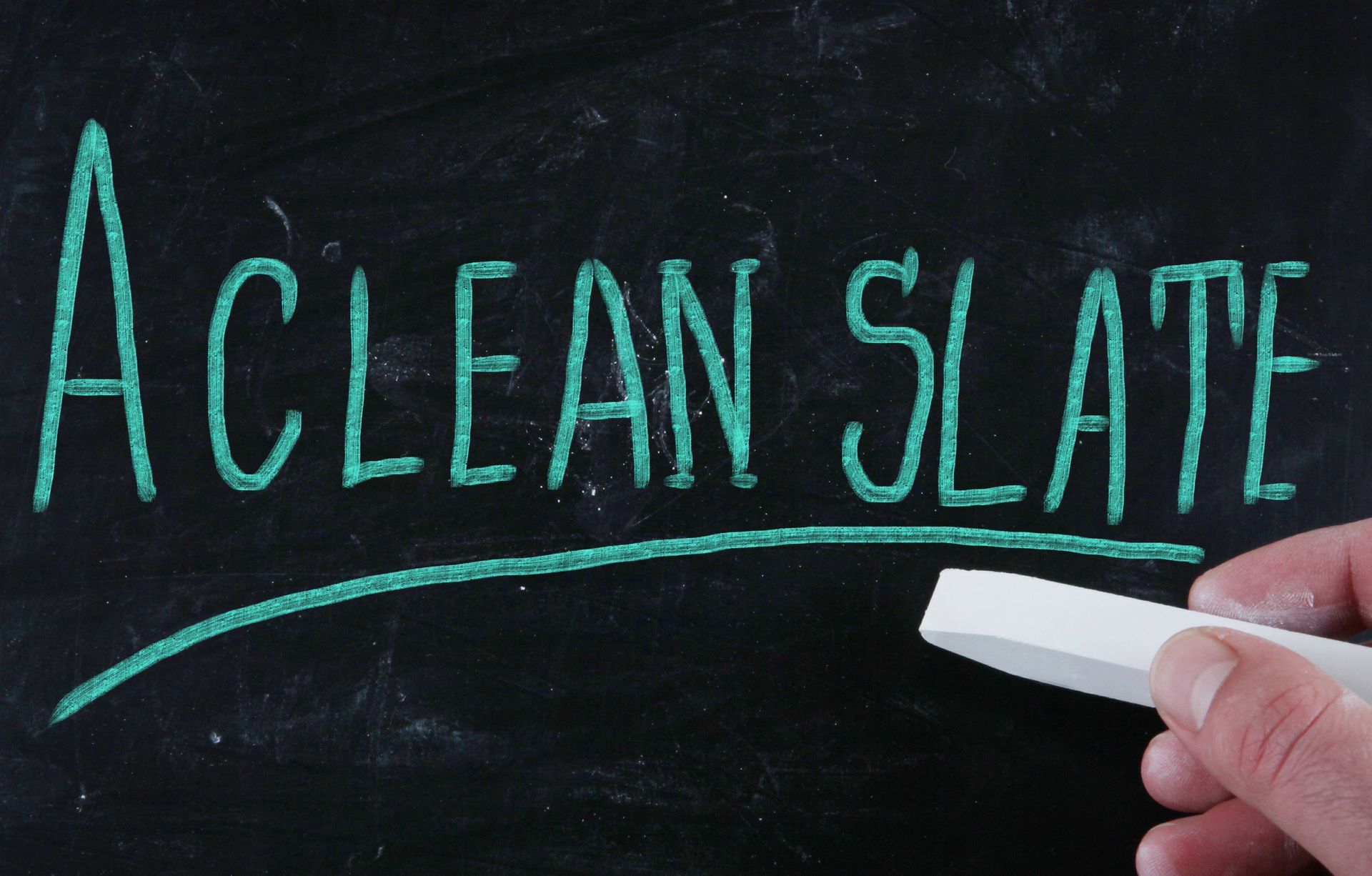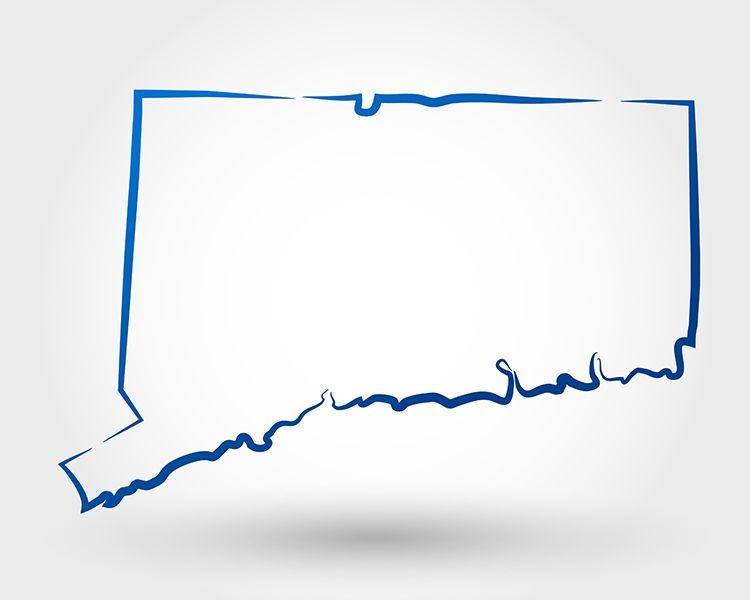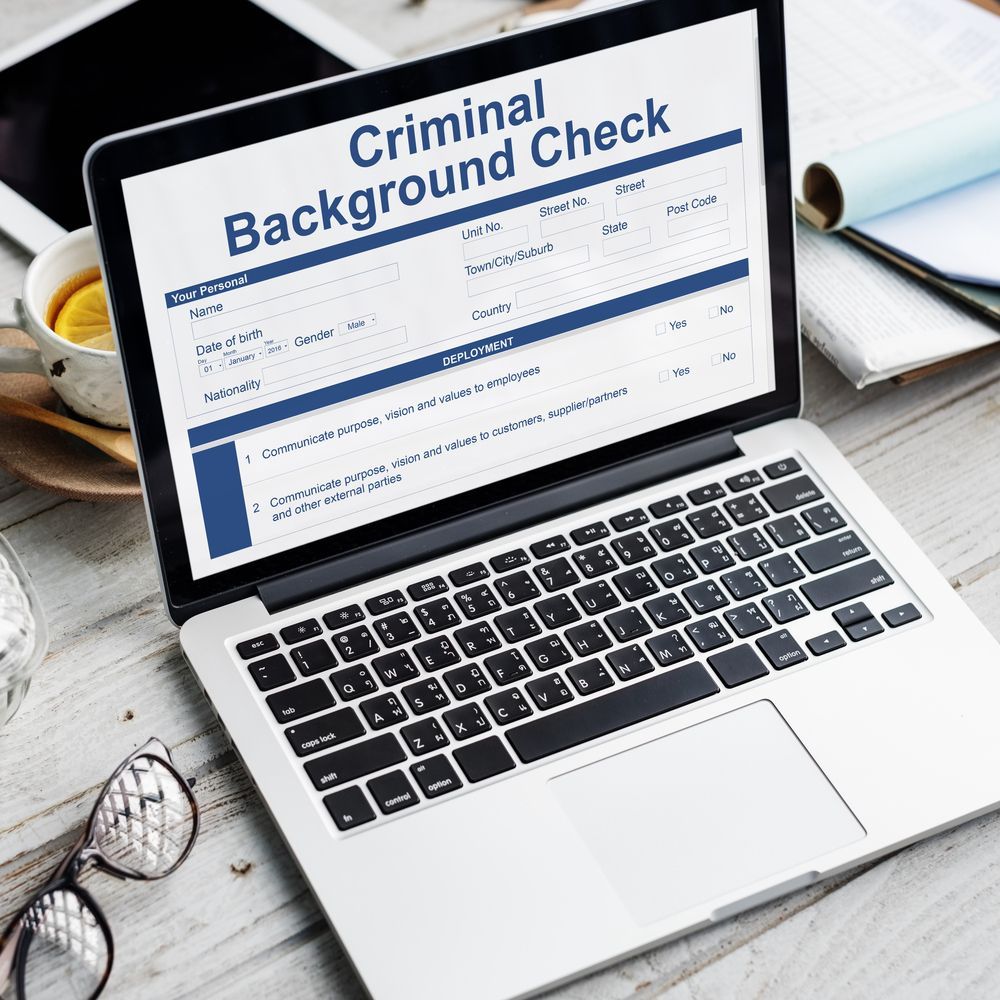Connecticut Clean Slate Law: Record Sealing Explained
25 September 2023
Share this article:
Key Takeaways
- Connecticut’s Clean Slate law, now in effect, dictates the erasure of some criminal records, including most misdemeanors more than seven years old and low-level felonies more than 10 years old.
- Employers and CRAs will normally not be able to discover these erased records. If they do know about them, employers are not allowed to use them in hiring, promotion and compensation decisions.
- Employers are not permitted to ask about criminal records in the initial application process. If they ask later in the process, they must conspicuously state that erased records need not be reported.

What Is the Connecticut Clean Slate Law?
Connecticut’s Clean Slate Law, which goes beyond the FCRA summary of rights, went into effect on January 1, 2023. It provides that certain criminal records will automatically be erased after seven or 10 years, depending on the offense. In other cases, ex-offenders may petition to have them erased. The law also provides more protection for individuals who have had records erased.
In Connecticut, erasure, sometimes called expungement, means that all records are sealed, and it is as if the conviction never existed. A person with an erasure may swear under oath that they have not been arrested or convicted for the crime.
The law provides for erasing of misdemeanor convictions seven years after the date of the court’s most recent judgment. Low-level felonies, mostly those carrying a prison sentence of five years of less, will be automatically erased after 10 years. Erasure for crimes committed after January 1, 2000, will be automatic. Individuals may petition for erasure of earlier crimes.
Individuals must have fulfilled all the terms of their sentence, including prison time, fines, probation and parole. They must have been crime-free during the elapsed time. Automatic erasure is not extended to those convicted of sexual offenses, family violence and crimes related to firearms.
The law also specifies new measures to prevent employers from discriminating on the basis of erased convictions. Connecticut law already prohibited employers from inquiring about prior arrests or convictions on initial applications. Now, they may still do so later in the process, but they must include a notice that an applicant is not required to disclose the existence of any erased arrest or conviction.
How Are CRAs Affected by Connecticut's Clean Slate Law?
CRAs now have more limited access to criminal records in Connecticut. If an arrest or conviction is erased under the Clean Slate Law, paperwork is sealed, and the record is no longer accessible to the public.
If the physical records have not been destroyed, there may be limited access, for limited purposes, for the defendant, their attorney, the prosecuting attorney or the crime victim. This access would normally be through the court.
If a CRA learns about a criminal record that has been erased under Clean Slate, they must not pass this information to their client.
There may also be applicants or employees from other states who committed crimes in Connecticut, and their records are also subject to erasure.
How Are Employers Affected by Connecticut's Clean Slate Law?
An employer’s right to make a hiring or promotion decision based on criminal history was already limited in Connecticut and elsewhere. Now Connecticut employers must be even more cautious about how they search for criminal history and how they act on it.
Under Clean Slate, employers will generally not learn about misdemeanors more than seven years old and low-level felonies beyond ten years. If they do gain the information, they may not use it in making a personnel decision. This restriction applies not only to hiring and promotion but also to setting compensation and in establishing terms, conditions and privileges of employment.
Even before the clean slate, under the “Ban the Box” law, employers were prohibited from asking about criminal history on an initial application. Now, when they ask later in the hiring process, they must tell the candidate in conspicuous writing that the candidate is not required to report erased arrests or convictions.
Employers who violate the Clean Slate law may be guilty of a discriminatory practice and may be subject to a complaint or a court action.
How Are Employees Affected by Connecticut's Clean Slate Law?

Most people who meet the Connecticut criteria will have their records erased, assuming the allotted time has passed and they’ve committed no offenses in the interim.
Some other ex-offenders may apply for erasure. After erasure, it is as if the crime never existed, and the individual may legally state that they have never been arrested or convicted of the crime.
For employees, an erased offense cannot be used to deny a promotion, nor can it be used to set salary or determine perks. If the employer doesn’t already know about it, they probably won’t be able to discover it. For applicants, it means that they can legitimately say that no crime occurred. Again, the employer will probably not discover it, and is not permitted to use it in a decision.
If an employee or applicant has reason to believe that the employer has discriminated against them because of an erased offense, they may file a complaint with the Connecticut Labor Commission or the Commission on Human Rights. They may also have grounds for a lawsuit.
How to Comply with Connecticut’s Clean Slate Law
Employers will need to review their internal process for job applications, promotion decisions and compensation decisions to ensure that they comply with the new law. They should also review their application forms to identify and change and queries that are not allowed under Clean Slate. They may need to update equal opportunity policies.
They must ensure that everyone involved in hiring, promotion and compensation is aware of the new law. Some general training sessions may be desirable.
Those who engage CRAs for background checks should communicate with their vendors to confirm that they are aware of the law and are complying. They should examine any data they receive from CRAs to ensure that it complies with Clean Slate.
The Bottom Line
The new Connecticut Clean Slate law, now in effect, erases records of misdemeanors more than seven years old and some low-level felonies less than 10 years old. CRAs and employers will generally not be able to discover these records, and employers are forbidden from using them in hiring, promotion and compensation decisions.
Nationwide, changes like those in Connecticut are becoming more common, and it is vital for CRAs to keep track of the latest regulations in every state and municipality. Eagle Eye Screening Solutions is a trusted
wholesale background check partner with the
nationwide scope and knowledge to provide searches that are thorough, effective and compliant.
Connect with Us:




